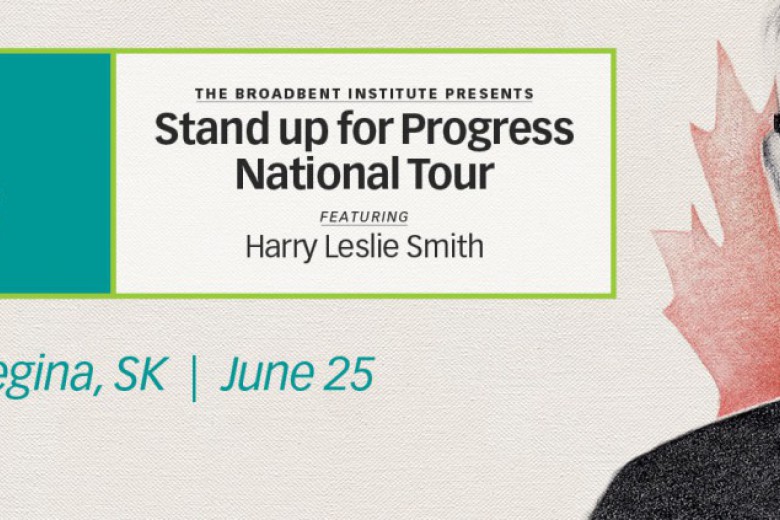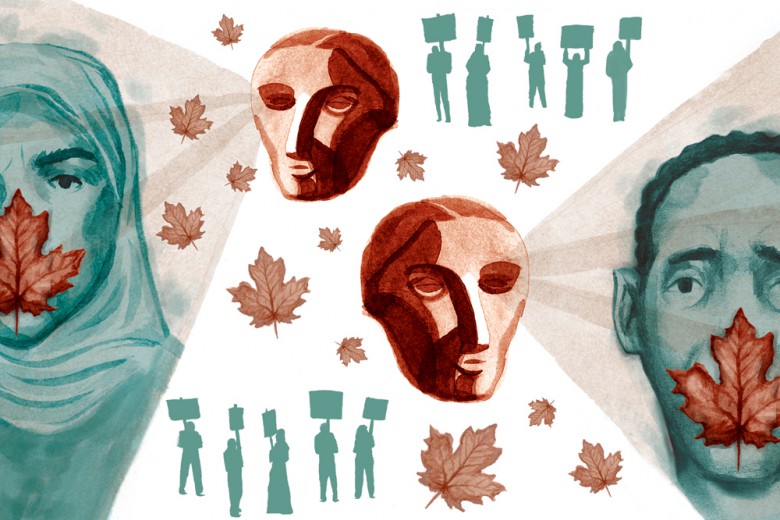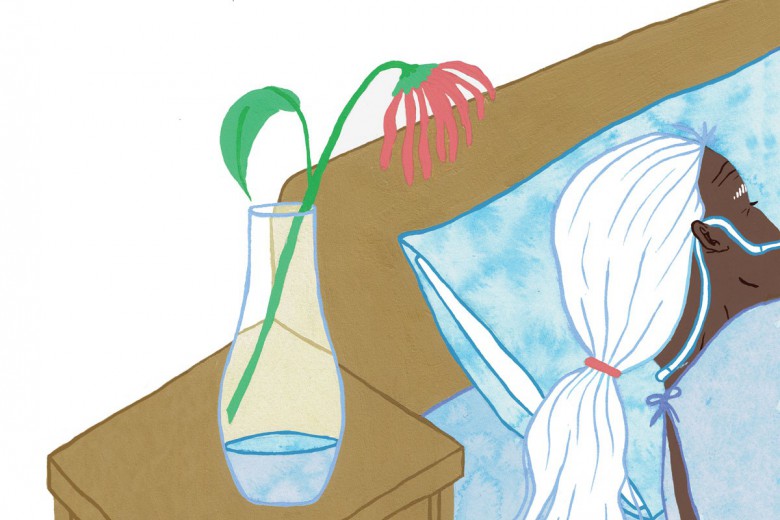Although distant from mainstream headlines, public health care in Canada is facing an intentional and potentially crippling attack from the Conservative government in Ottawa.
Today, a real administrative and financial crisis confronts public health care in Canada, with unilateral federal cuts to public funding for the vital service now amounting to an estimated $36 billion over coming years, as documented by the Canadian Health Coalition.
Time and again Canadians have recognized universal health care as a pillar to Canadian identity, but with elections looming the issue has been largely absent from the prioritized talking points of all federal political parties. Meanwhile, a definitive Conservative campaign to destabilize public health care is already taking a very real toll on Canadians age 55 and older.
If a serious defense of public health care is largely absent among political parties it has also been missing in both the discourse and grassroots organizing priorities of progressive activist networks.
Given that health care is a state-administered service, connected to the colonial and politically regressive Canadian state apparatus, addressing the crisis facing public health care can be challenging and awkward for grassroots activists operating outside of the halls of power.
There are some important efforts taking place within more mainstream progressive political organizations like the Council of Canadians, however there has been little non-funded, grassroots efforts.
The current crisis facing Canada’s publicly funded health care system could be a moment to highlight the activist origins and collective ideals that gave rise to universal medicare in the first place and, further, to imagine future possibilities that go beyond the status quo that preceded the Conservative attacks.
I interviewed family doctor and community educator Baijayanta (Baj) Mukhopadhyay to discuss these ideas and more. Listen to the interview HERE.







